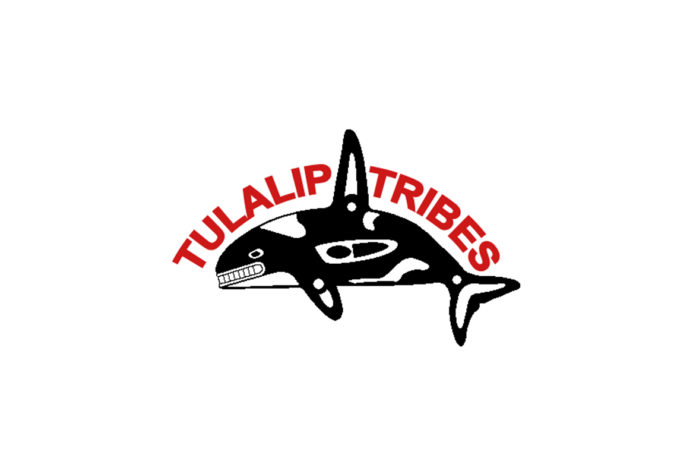OLYMPIA, WA – The Washington State Gambling Commission has reached a tentative agreement with the Tulalip Tribes of Washington to amend its Class III gaming compact to add sports wagering. The tribe operates two Class III gaming facilities located west of Marysville on the Tulalip Reservation.
This concludes a nearly year-long negotiation process with the tribe after Governor Inslee signed ESHB 2638 authorizing sports wagering at tribal casinos. This is the first sports wagering compact agreement in the state, and this amendment establishes the framework for sports wagering at the tribe’s facilities while recognizing the tribe’s proven track record of successfully operating and regulating gaming in accordance with their compact.
“We believe that this compact amendment is a thoughtful approach by the tribe and state that ensures sports wagering will be conducted with the highest integrity while protecting the public by keeping gambling legal and honest,” said Washington State Gambling Commission Chair Bud Sizemore. “The state and tribal negotiation team did a great job coming to this agreement. There is still a lot of work before the first regulated sportsbook opens in our state, and I’m hopeful sports wagering can launch before the NFL regular season begins.”
“We are extremely satisfied with the compact amendment and our ability to work together with the state on this effort to maintain a strong regulatory environment for gaming in Washington State,” said Tulalip Chairwoman Teri Gobin. “Sports wagering is an exciting new opportunity for Washingtonians. The revenue sports wagering provides – like all tribal gaming revenue – stays in Washington, creating jobs and increasing charitable contributions that benefit communities throughout the state.”
In March 2020, sports wagering was authorized as a tribal only activity to occur at the Tulalip Tribe’s Class III gaming facility. This amendment continues the current tribe-state co-regulatory structure, while addressing the areas specified by the legislature – licensing, regulatory fees, operation and regulation of sports wagering, criminal enforcement, money laundering, sport integrity, and responsible problem gambling.













































